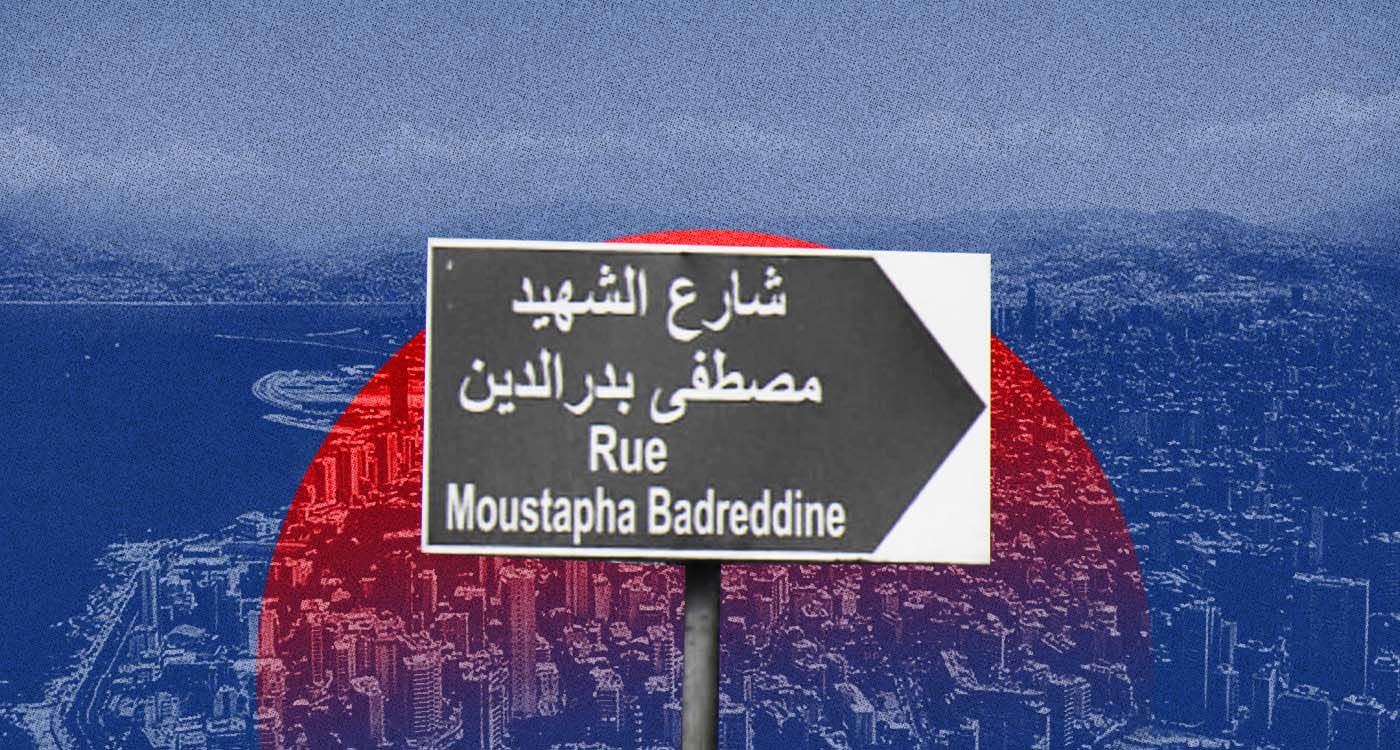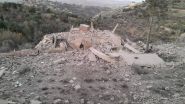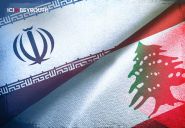
In Beirut, there is a specific mechanism for naming streets, involving the municipality and the Ministry of Interior, as well as third parties proposing names, provided they are approved by the concerned official authorities.
Beirut’s streets carry various names, ranging from those of intellectuals and artists to individuals celebrated for their achievements, particularly among Beirut’s residents. Some streets bear the names of Lebanese or foreign political figures, reflecting different periods in Lebanon’s history.
For example, Foch Street in downtown Beirut, the first commercial street on the northern side, is named after French General Ferdinand Foch. Many are unaware of the origins of Beirut’s Street names, a subject that requires extensive, documented study.
In any case, the naming of Beirut’s streets was never a source of contention until a few years ago, when a major controversy arose over naming a street at the entrance of Ghobeiry after Mustafa Badreddine, the primary accused—and indeed convicted—figure in the assassination of the martyred Prime Minister Rafic Hariri. No one was able to overturn this decision, which was unfortunately endorsed by the Minister of Interior, despite the fact that he was aligned with Hezbollah’s opponents. As a result, we ended up with a street named after a man convicted of killing a Prime Minister.
The issue arose again with the naming of the avenue welcoming travelers leaving the airport as Imam Khomeini Avenue, after the leader of the Islamic Republic accused by a significant portion of Lebanese people of funding an armed party against them. To put it bluntly, it is a sponsor of terrorism in Lebanon, with all the consequences that entails.
Today, Hezbollah has been weakened, and its influence spans only those of weak spirit. Bashar al-Assad has fallen disgracefully in Syria, and his hegemony in the Middle East is no more. Demanding the removal of names like Hafez al-Assad, Mustafa Badreddine and others who committed heinous acts against the Lebanese people has become a national duty. We cannot accept streets named after figures whose names humiliate the people. As one MP aptly put it, “Have you ever seen a street in France named after Hitler?”
On the other hand, some question the names of other streets bearing the names of French, British or other foreign figures on Lebanese soil. Take Foch, for example, or Allenby, or Weygand. There are many such names in Lebanon’s history, but it is necessary to evaluate their impact over time. Does the name Foch provoke the Lebanese, as the name Jamal Pasha does, for example? This is precisely why there is no street named after Jamal Pasha the “Butcher.”
So why, then, do we accept having streets named after those who killed, terrorized and abducted Lebanese people over the years without mercy, and whose shadows still haunt relatives of people who went missing in Syria years ago?
A national celebration should be held the day these names are removed from Beirut. Cleansing the capital of them is as significant as toppling the regimes that embody the oppression of the Lebanese people.



Comments